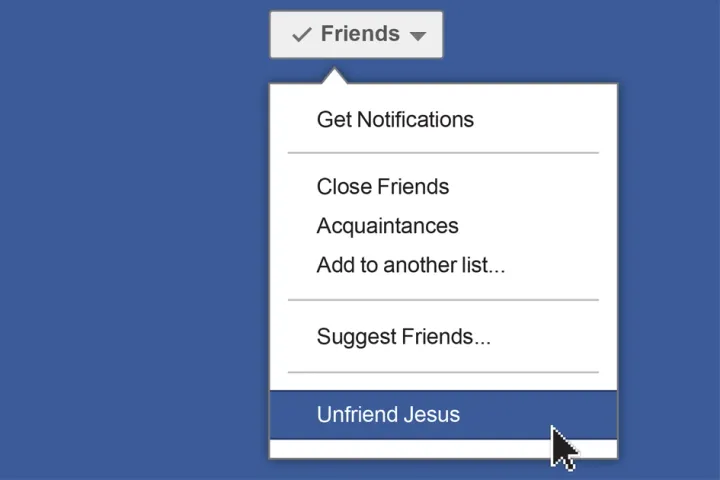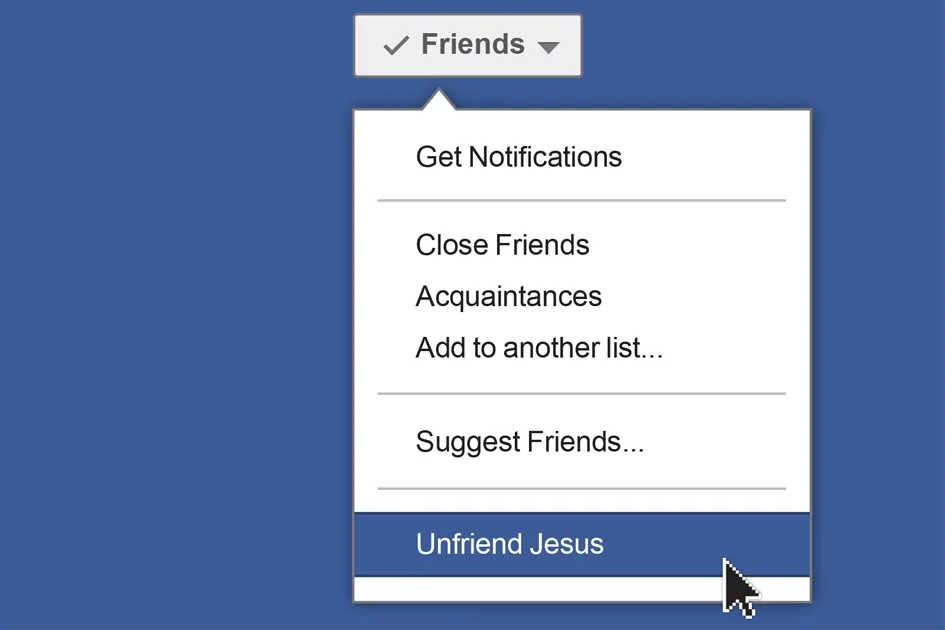Have you ever wondered why God created us with a constant need for the basics of life when He could have designed us not to need anything? What lessons did He want to teach us?
BACKGROUND
Throughout history, anxiety about having enough has been common. Since natural disasters and war can threaten the meeting of basic needs, many cultures—especially agrarian ones—have understood their vulnerability. Yet where food is readily available, we might forget God is our Provider. Even when we repeat the Lord’s prayer and say, “Give us this day our daily bread” (Matt. 6:11), do we truly see Him as the only source of each day’s provision?
 Illustration by Sarah Cliff
Illustration by Sarah Cliff
READ
Deuteronomy 8:1-20
REFLECT
This passage is filled with reminders of the great mercies the Lord showed during the wilderness years. But it also makes clear that Israel was required to keep His commandments.
After leaving Egypt, the Israelites were dependent on God’s manna. Yet some still didn’t trust Him (Ex. 16:11-30). They tried to store up manna even though He’d said to gather just one day’s supply; some also failed to collect double before the Sabbath as He had instructed. Despite God’s gracious provision, they doubted Him and even grumbled about the manna (Num. 11:5-6). Is there some tangible blessing in your life that you sometimes fail to appreciate—or perhaps even complain about?
Arrival in the Promised Land presented a faith challenge of another sort. The Lord promised the people abundance if they would obey His commands. But He also warned that this prosperity could lead them to forget Him and become proud, believing their wealth came from their own efforts. How can we keep God’s goodness front and center in our mind when it’s tempting to think ourselves self-sufficient?
Just as the wilderness account teaches that trusting God is essential for daily provision, Scripture also demonstrates how long-term planning requires faith. In Genesis 41:14-57, Joseph was following God’s instructions by collecting food for a nation; other parts of the Bible clearly teach the importance of providing for one’s household. Maybe the true test of faith is in our motivation for storing up for the future: Do you trust that provision ultimately comes from God? Or do you stockpile out of anxiety or greed?
CONTINUING THE STORY
Jesus Himself spoke with His disciples about the fear of scarcity.
Read Luke 12:13-21. Jesus’ parable teaches that no amount of preparation for the future is a guarantee of security. Having enough goods in this life is not the goal; instead, we’re to store up treasure in heaven. Truly believing this promise makes us willing to generously share what we have. Think of a time when you were asked to give. What were your feelings in that moment?
Jesus asks us to have faith in God’s provision, but it’s not a blind faith. Read Luke 12:22-31. The mention of the ravens God feeds and the beautiful lilies He clothes helps us to focus on tangible evidence of divine provision. What is something in your life that helps you understand what has been “added to you”?
God has a way of reshaping our thinking. Consider the idea that the “first will be last; and the last, first” (Matt. 19:30) or that we become great by being a servant (Matt. 20:26). In Luke 12:31-32, Jesus tells us to seek the kingdom even before our daily needs. How does focusing on the larger goal keep our smaller needs in perspective?
REFLECT
Through our bodies, we learn lessons about God, the world, and ourselves.
Having all we need may make us feel safe, but we must remember that true security is found only in the Lord.





